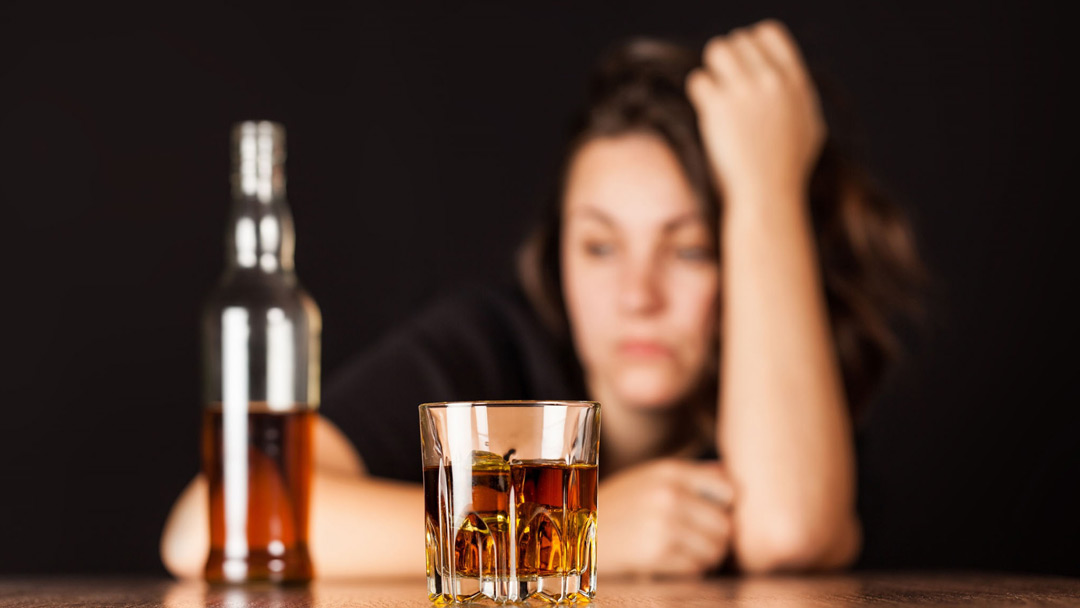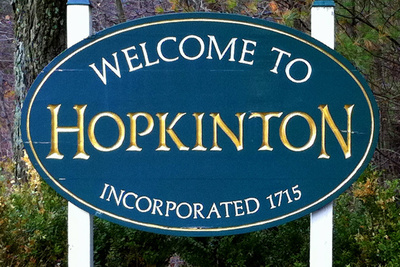
Dual Diagnosis Treatment for Substance Misuse and Mental Health in Springfield, MA
More than 160 million Americans currently have a substance use disorder. A lot of the time, other underlying mental health causes are responsible for these disorders.
Dual diagnosis is the term used to describe those victims that suffer from both substance misuse and mental health disorders. The good news is that integrated treatment options exist for those patients who suffer from both afflictions.
If you or a family member are facing these dual disorders, this article is for you. Find out more in this helpful guide. We’ll tell you about integrated treatment for substance misuse and mental health options. You will soon find that no two addiction treatment programs in Springfield, MA are exactly alike.

Symptoms of Substance Misuse
There are certainly subtle and not-so-subtle symptoms of substance misuse. These symptoms will result in changes to someone’s behavior and physical appearance. They’ll also change their personality or attitude. Common signs of substance misuse include the following:
Changes to Behaviors/Attitudes/Habits
You’ll see a victim go through a dramatic change in their regular personality. This change can range from angry oversensitivity to unexpected anxiety. You’ll also notice the victim becomes forgetful and has a hard time focusing or paying attention.
Victims will also start to ignore their important life responsibilities like their jobs or their children. Substance misuse patients will also do dangerous activities while they’re high. These activities might include swimming or driving a car.
Physical Changes
Physical changes that victims start to show include smaller or dilated pupils. Victims also have bloodshot eyes.
Other physical changes can include a dramatic change in weight. This weight change could either be significant weight loss or gain. Another type of physical change includes lingering body odor as well.
Withdrawals
Victims experience withdrawal symptoms around eight hours after they consume alcohol or drugs. They start with feeling sweaty and nauseous. Then they’ll have a severe headache. Withdrawals are also characterized by confusion or seizures.
Consumption Levels
Substance use disorder patients will also take more drugs over a shorter period to get their “high.” You’ll also notice victims will start to lie about how much they consume.
What is Dual Diagnosis?
As referenced above, many patients suffer from co-occurring mental or behavioral conditions. The name for this condition is a dual diagnosis.
Patients with a dual disorder can receive help to find integrated treatment plans. These plans tackle both disorders as interconnected issues.
Common Examples of Dual Diagnosis
Common examples of co-occurring disorders in addiction cases include the following:
Bipolar Disorder
About fifty percent of substance misuse patients struggle with a bipolar disorder. Many times, these patients choose to self-medicate. Drugs or alcohol often provide temporary relief from any emotional situations or manic episodes.
Depression
About 1 in 10 US adults report they suffer from depression. Some patients diagnosed with depression try to self-medicate with drugs or alcohol. Those patients with pre-existing depression will suffer again once their high is done.
Borderline Personality Disorder (BPD)
A borderline personality disorder and addiction often take place at the same time. More than two-thirds of patients with BPD misuse substances. This misuse takes place off and on throughout their lifetime.
Eating Disorder
Eating disorders often stem from strong feelings of inferiority. Using a drug that suppresses an appetite is common among patients with this disorder.
Attention-Deficit Disorder (ADD)
Victims with attention-deficit disorder (ADD) often misuse substances to control their symptoms. Many patients will take a stimulant to treat ADD. Unfortunately, these stimulants are habit-forming. They can lead to a toxic pattern of substance misuse.
Post-traumatic Stress Disorder (PTSD)
Victims with post-traumatic stress disorder (PTSD) have brains that produce fewer endorphins. Endorphins produce “feel good” transmissions. This means the victim is more likely to use drugs or alcohol to feel secure.
Schizophrenia
Schizophrenia is typified by hallucinations and delusional thinking. Diagnosing addiction and schizophrenia is difficult because these conditions have common, overlapping symptoms.

Examples of Integrated Addiction Treatment Options
When it comes to integrated addiction treatment, there are a variety of formats to choose from. Here are a few examples of these integrated treatment methods.
Motivational Interviewing
Victims often have intense internal conflicts when deciding to reverse their dangerous behaviors. One scientifically-proven therapy option is motivational interviewing.
Therapists don’t try to convince patients to stop abusing substances. Instead, patients explore their life goals and core values. They use these values to determine if using substances aligns with their notion of a healthy, positive life.
Mindfulness
Mindfulness means noticing things that are taken for granted or usually ignored. Mindfulness treatment means accepting an uncomfortable situation instead of wishing things were different.
This treatment method also shows victims how to notice their feelings. It also shows them how to accept their thoughts without judgment.
Mindfulness treatment is effective in treating impulsivity and depression. It also treats stress that can lead to addictive behaviors.
Trauma-Informed Therapy
Patients with PTSD experienced trauma or violence in their life. They use substances to ease their painful memory.
Trauma-informed therapeutic approaches emphasize emotional and physical safety. It helps patients confront these feelings and regain their sense of control.
12-Step
The 12-step therapeutic approach uses certain guiding principles. These principles include self-awareness, compassion, acceptance, and achievement. Patients meet in group therapy to send and receive support throughout their recovery.
The path to turning a life of misuse around involves 12 steps. The first step starts with patients recognizing their powerlessness over substances. The last step addresses the victim’s “spiritual awakening.” They also promise to practice the program’s principles every day.
Treatment Formats
There are two formats to receive these integrated services. These formats include:
Partial Hospitalization Program (PHP)
PHP in Springfield, MA places patients in a group therapy setting. They learn a variety of coping skills.
They also practice managing emotions and recognizing addiction triggers. PHP allows the patient to take part in this session and still return home at night.
Intensive Outpatient Program (IOP)
IOP treatment in Springfield, MA continues the progress made at the PHP level while the patient stays at home. IOP services include many sessions per day. Patients can attend sessions and continue to honor their regular home and work obligations.
What’s Your Next Step?
Discuss dual diagnosis with your physician. Ask them for their thoughts on integrated treatment options. They can tell you which one will address both your specific mental and substance disorders.
For more insights on addiction treatment in MA, check our website. At Northstar, we help patients navigate their journey through treatment and recovery.
Do you or a loved one struggle with these disorders? Let us help.
Day Treatment Program in MA
The Day Treatment in Massachusetts, also referred to as PHP (Partial Hospitalization Program) or IOP (Intensive Outpatient Program), is the highest level of care offered at Northstar Recovery Center. This addiction treatment option encompasses comprehensive clinical care and behavioral therapies. In the initial stages of recovery from addiction, it's crucial to have robust support to navigate both physical and emotional challenges. Our dedicated team at Northstar Recovery Center, located in Southborough, MA, and West Springfield, MA, is committed to assisting you in establishing a solid foundation for a lifelong recovery from addiction to drugs and alcohol. Clients typically visit our addiction treatment center in Massachusetts each weekday for several hours, engaging in counseling sessions and other necessary interventions. This approach ensures a balanced and effective recovery process, tailored to individual needs within the framework of Day Treatment.
Individual, Group, and Family Counseling in Massachusetts
Addiction thrives in isolation, which is why group counseling sessions are a foundational part of our addiction treatment plans. In group sessions, you’ll gain perspective on your struggles with substance abuse and can connect with others who understand your experiences. Family counseling can help your loved ones understand the disease of addiction, navigate conflict and build healthier relationships. In individual counseling sessions, you’ll be able to work through personal issues like past trauma with the help of an experienced therapist.







